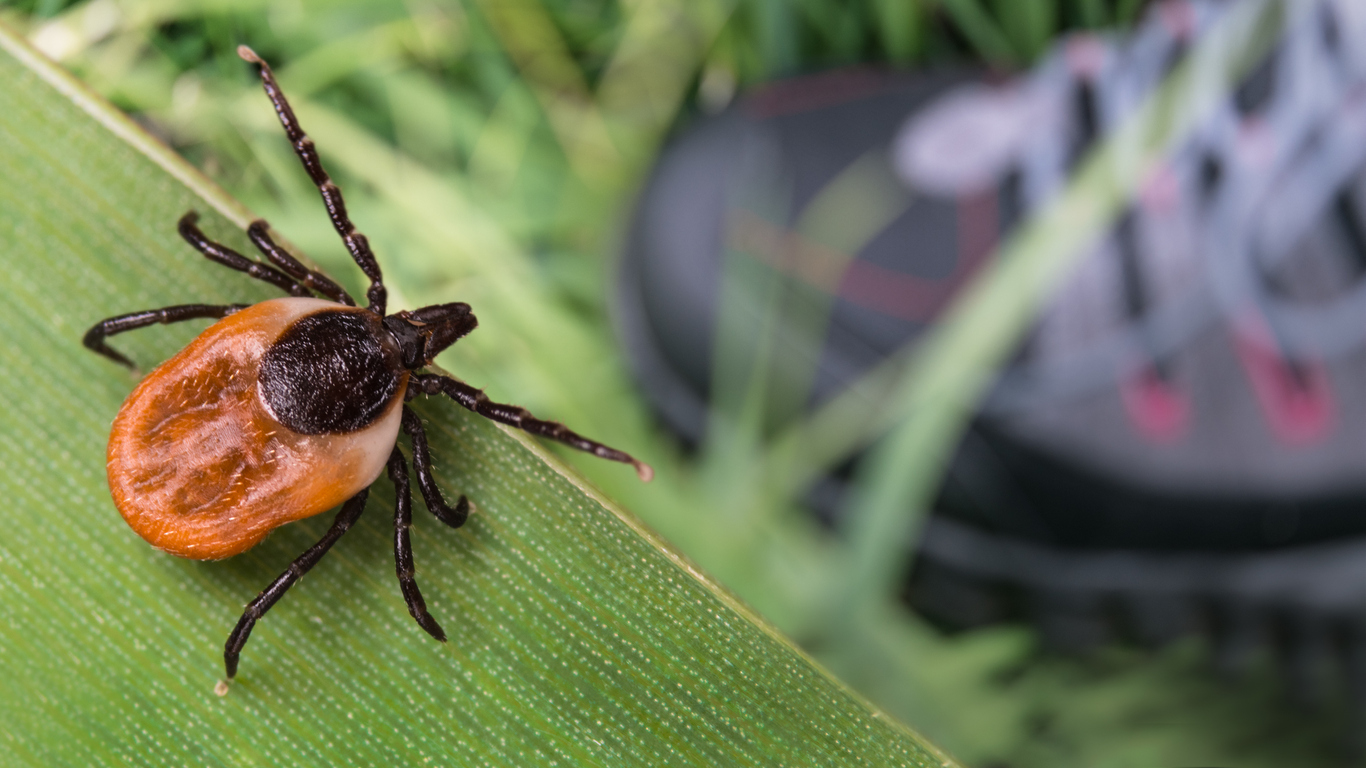
Until recently, scientists have not fully understood why ticks are such dangerous disease vectors. A research team led by Johanna Strobl and Georg Stary from MedUni Vienna's Department of Dermatology shows that tick saliva inhibits the skin's defense function, thereby increasing the risk of diseases such as tick-borne encephalitis (TBE) or Lyme disease. The study was recently published in the Journal of Clinical Investigation.
The researchers carried out their investigations on skin samples from volunteers and also on models of human skin, mimicking the bite of the most common European tick (Ixodes ricinus). In both cases, the team led by Georg Stary (MedUni Vienna's Department of Dermatology, CeMM Research Center for Molecular Medicine of the Austrian Academy of Sciences, Ludwig Boltzmann Institute for Rare and Undiagnosed Diseases) in collaboration with the research group of Hannes Stockinger (Center for Pathophysiology, Infectiology and Immunology at MedUni Vienna) identified rapidly occurring patterns of immunomodulation. For example, it was found that the function of immune cells, especially T cells, which are important for immunological memory, was disrupted by contact with tick saliva.
Read more...







